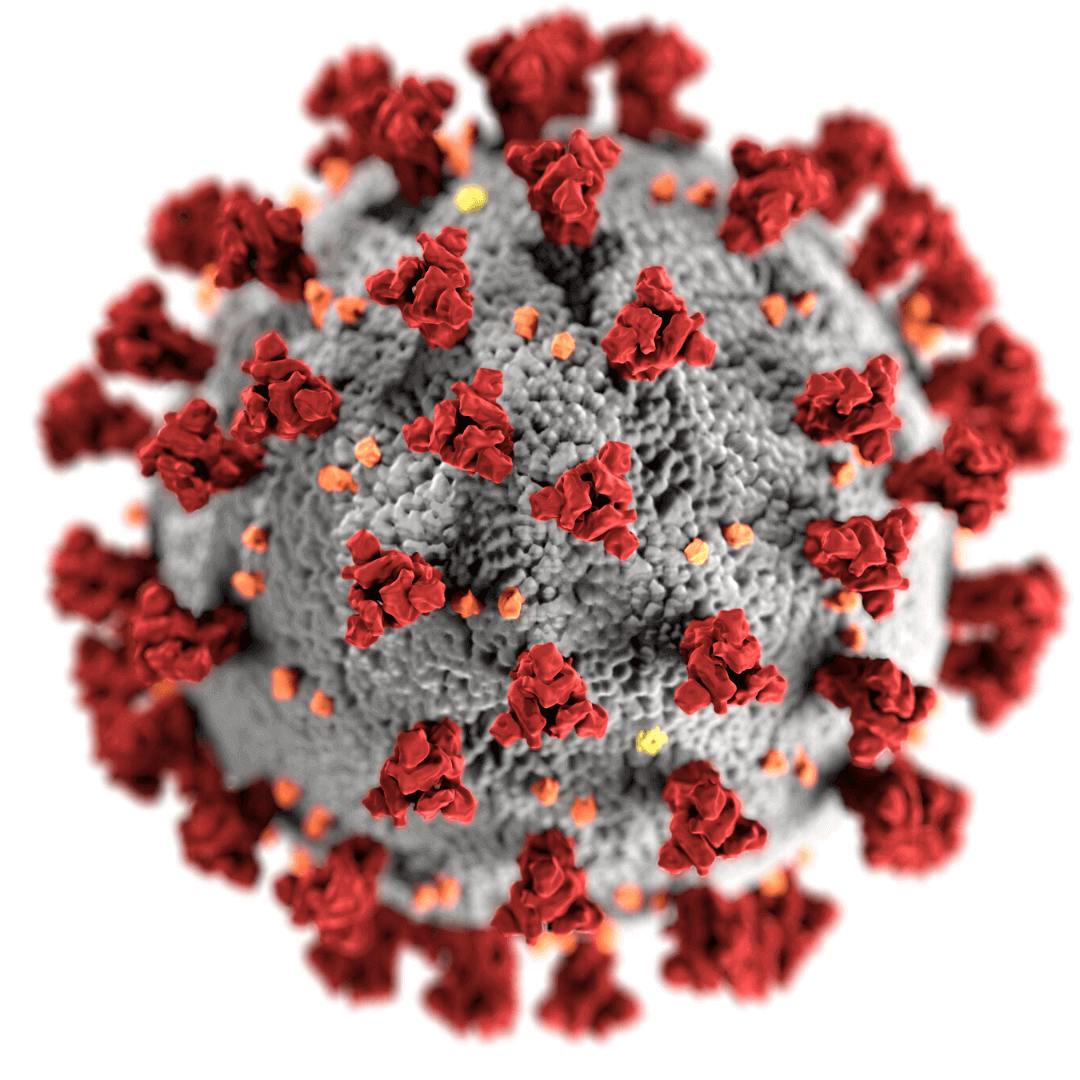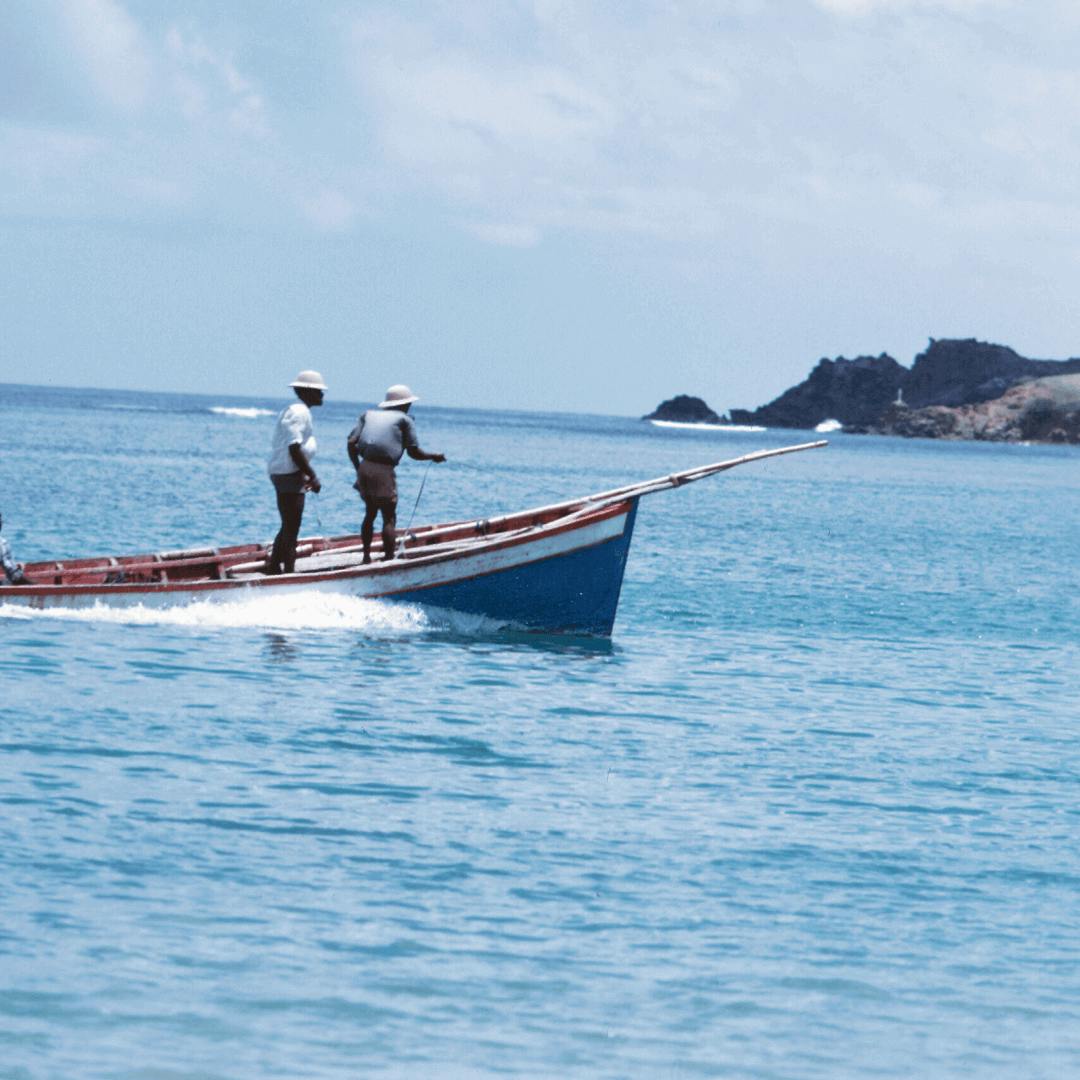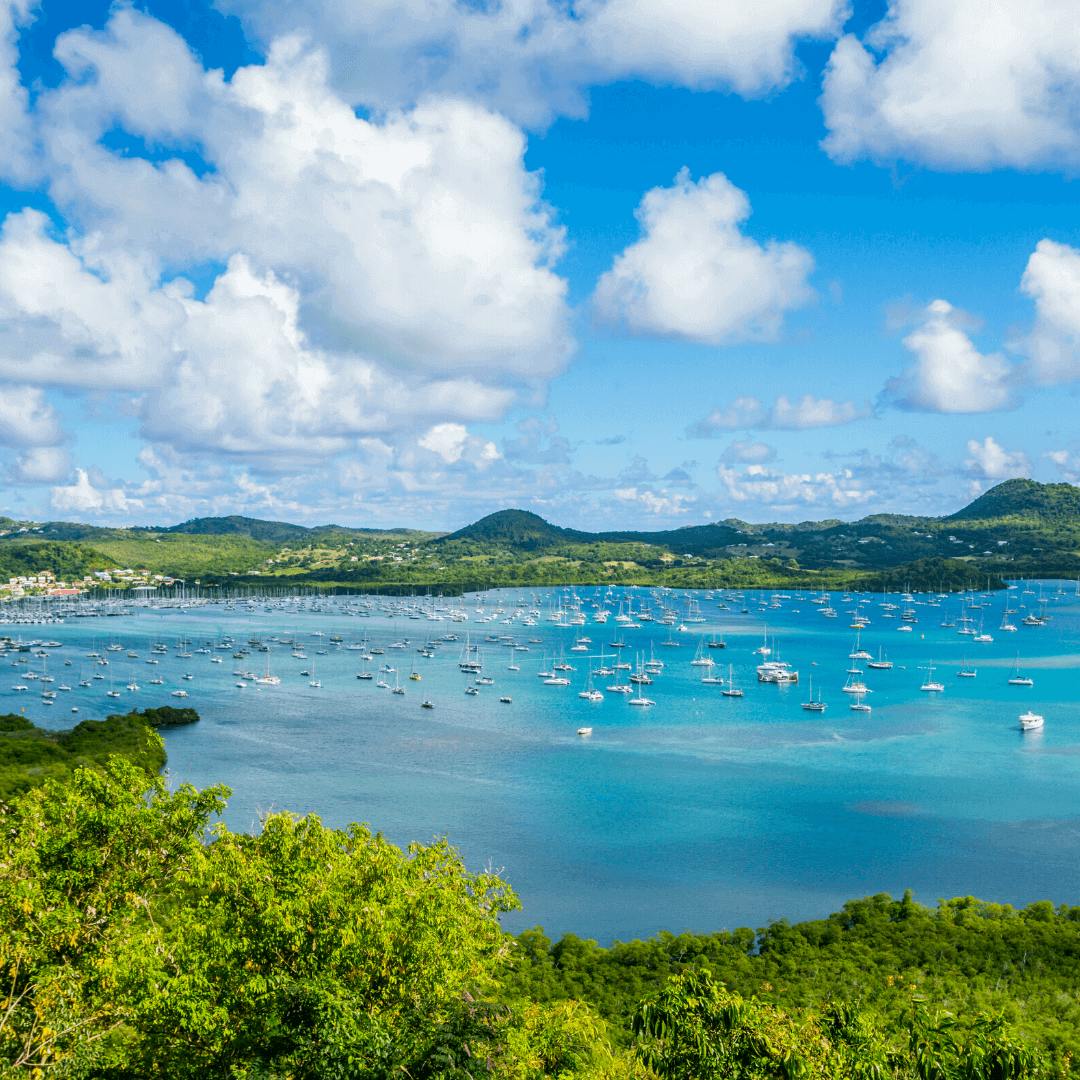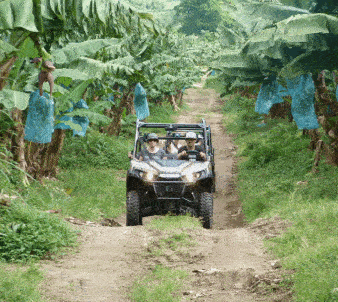As cases of the coronavirus case appear, at least on the face of it, to slow, the impacts of the pandemic on the international travel and tourism industries are rapidly worsening.
The effect of the pneumonia-like infection, known as Covid-19, is now being felt also in the rugged Caribbean island of Martinique. The first two coronavirus cases on the island were confirmed on March 5th, 2020.
However, it seems that trip specialists, proprietors, and innkeepers are buying time for a few months, if not an entire year. The outbreak of the pandemic at this rate may also impact industry plans for 2021. This article will review how Martinique waged a tough war against the Covid-19 outbreak in these unprecedented times.
A convergence of people who are being diagnosed and tested are heading for the cities that are famous for the high quality of health care facilities.
Many around the world have taken notice of Martinique’s answer to the coronavirus as a benchmark. The island had 189 confirmed infections, from which 91 patients have recovered, although there have unfortunately been 14 deaths as of May 14th, 2020. Martinique’s outbreak rate is significantly lower compared to the rest of the world.
Global Impact of Coronavirus

The traveling habits of individuals and their consequent expenses, profoundly affects national and local economies globally. Moreover, tourism regularly occurs in places that industries avoid speculating in. Tourist spending on social events, shopping, eateries, guest attractions and much more, gives an immense improvement to local economies and employment respects.
The news that the infection had spread to Italy and various other nations across Europe caused significant anxiousness for travel-goers and more for the tourism industry. Research from the Global Business Travel Association shows the worldwide cancellation of operations and deferments becoming more prominent. The International Air Transport Association anticipates that the coronavirus will decrease worldwide airline income by $29.3 billion in 2020. Although this is the first such depression since the worldwide financial crisis of 2008, it should be recognized that almost 95% of this anticipated misfortune will be for Asia and Pacific operators.
An increase in voyagers being isolated in hostels and various other accommodations has added extensively to the feeling of unease and vulnerability. There has been a surge in Google searches regarding insurance options for unfulfilled trips. Potential travelers are bound to embrace a « keep a look out » approach before booking as emergency situations unfold. In Ireland, we have seen the pandemic cause the cancellation of the Ireland/Italy universal rugby, for the sake of « general wellbeing ».
As this calamity further unfolds, our officials are confronted with the overwhelming concern of ensuring general wellbeing.
However, we should be careful how any verdicts will affect business. The United Nations World Tourism Organization and the World Health Organization gave a joint communication that highlighted: « putting individuals and their prosperity first » and accentuated that the WHO « didn’t suggest any travel exchange limitation based on the currently available information ».
Martinique measures against Covid-19

To mitigate against the expansion of Covid-19 cases, Martinique has been taking drastic measures and safety protocols.
Public space accessibility has also been limited for workers as well, except those who are delivering critical services, such as healthcare & transport.
This risk-based approach to monitoring the infection also ensured that despite the pandemic, Martinique remains open for domestic commercial operations.
Authorities enforced a curfew on April 1st from 20:00 until 05:00. Community hospital facilities are exempted. No shops will be opened and all means of travel are prohibited between April 12th-13th. All passenger flights at Martinique Aime Césaire International Airport have been suspended by authorities until further notice, as well as flights between Martinique and metropolitan France until April 22nd. In addition, all sailing and cruise excursions have been prohibited temporarily.
Social Distancing
Martinique has stepped up its measures to enforce social distancing, including suspending all gatherings of 250 people or more and advising companies to ask staff to work from home.
The Government issued strict rules banning all crowds and events, while the suspension by government departments of all social programs for seniors would be extended.
Events with less than 250 people and venue owners such as restaurants and cinemas must enforce measures to ensure a gap between patrons of at least one meter. This legislation would extend to all activities, including spiritual and private meetings.
Self-Quarantine
Anyone who enters the country, including native citizens and residents, is required to take 14 days of self-quarantine. Martinique has also warned its residents against any out-of-town trips.
The Ministry of Health declared that all arrivals would be required to self-quarantine for 14 days in order to stop the expansion of novel coronavirus. It extends to nationals of Martinique, permanent residents, passholders and short-term visitors. Travelers that are showing symptoms will be required to undergo a COVID-19 swab test, conducted at entry points to the island.
Failure to comply with the terms of the SHN may result in a fine or confinement for the first offense or revocation of residence and even job redaction.
Conclusion

As information is conveyed and legislations are made related to the spread of the infection, Martinique policymakers should conduct their operations in a manner that considers the interests of all stakeholders in the tourism industry.
Throughout the last 70 years, the travel industry has consistently bounced back, usually rapidly, once an emergency has been declared controlled, so we should trust that our general wellbeing will remain the crux of authorities’ procedures and therefore flatten the curve and resume normal operations, both domestically and internationally.
For more information on health issues in Martinique, check out our recent article on the safety in Martinique

